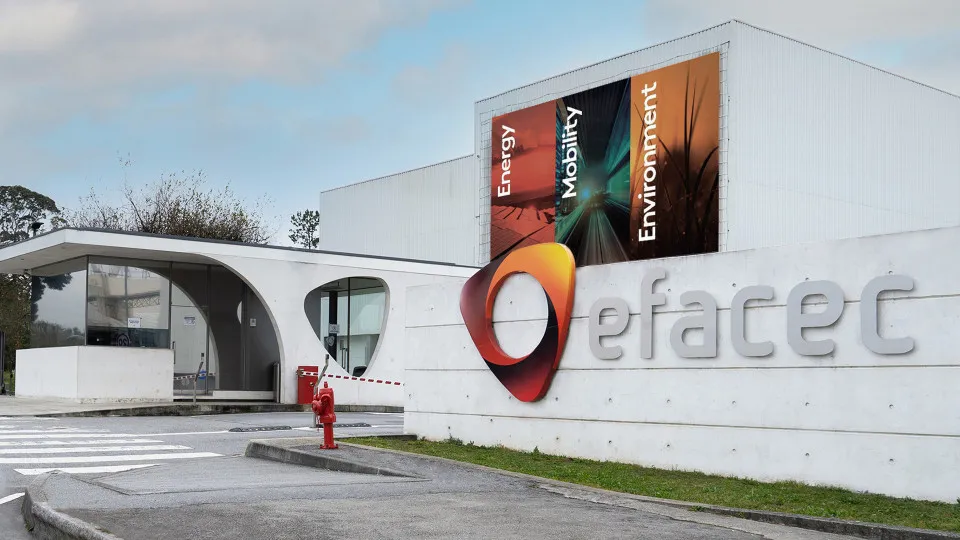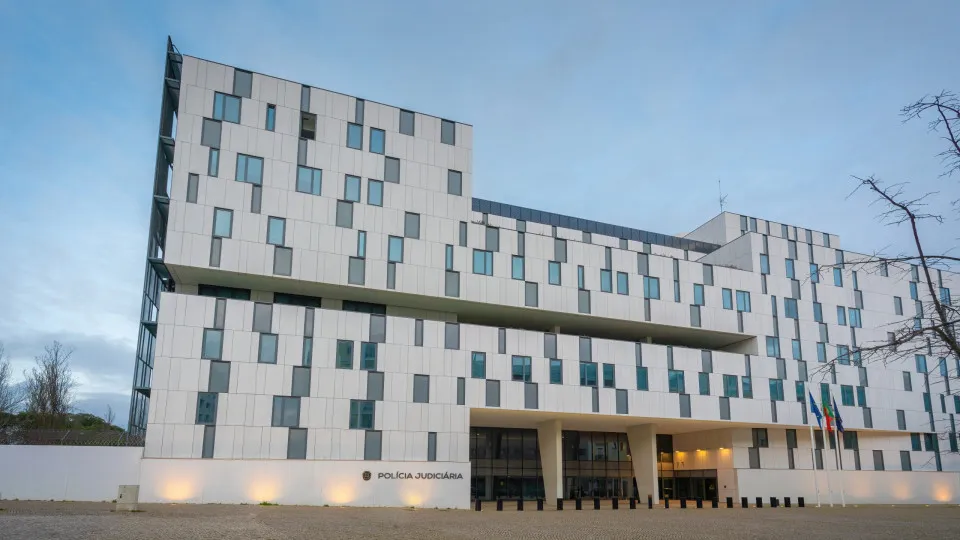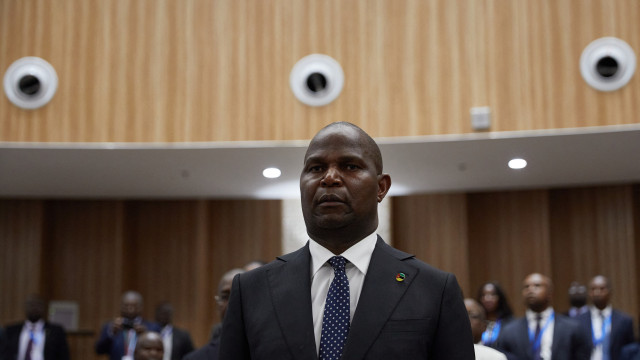
“I do not consider the operation a failure. It would have been a failure if we had not sold, if the company had not been introduced to the market, or if the reintroduced company were failing,” stated Jaime Andrez to members of the Economics and Territorial Cohesion Committee.
“I do not share the Tribunal de Contas’ interpretation. Personally, not from Parpública’s perspective, while finishing reading the report, I thought of other conclusions,” he added.
In one of his remarks, Andrez criticized the Tribunal de Contas for its “mistake in thinking the restructuring should have been done before the sale,” stating that this was not “the primary goal.”
“The main goal was to keep the company in the market until the sale and, most importantly, post-sale,” he asserted, highlighting this as one of the points advocated by the European Commission (EC).
The former head of Parpública noted that if the EC allowed interim aid, it was because the sale was expected, as well as its market reintroduction “under the best conditions for its recovery.”
Regarding Mutares’ entry into the company, he clarified that they invested not only 15 million euros but 75 million euros, “considering the effective guarantees,” which have “allowed the company to function.”
He further evaluated the entire process positively, noting that 75% of the workforce was retained.
Andrez also defended the intervention as “a success.”
“This company will be a great success. The country will benefit, the sector will benefit, the employees will benefit, the state will benefit, and Mutares will benefit. The more valuable the company becomes, the more Mutares and the state gain,” he concluded.
In November 2023, the state finalized the sale of the entire capital of Efacec to the German investment fund Mutares. The company had been nationalized in 2020 following the ‘Luanda Leaks’ scandal, having been indirectly controlled by Isabel dos Santos.




